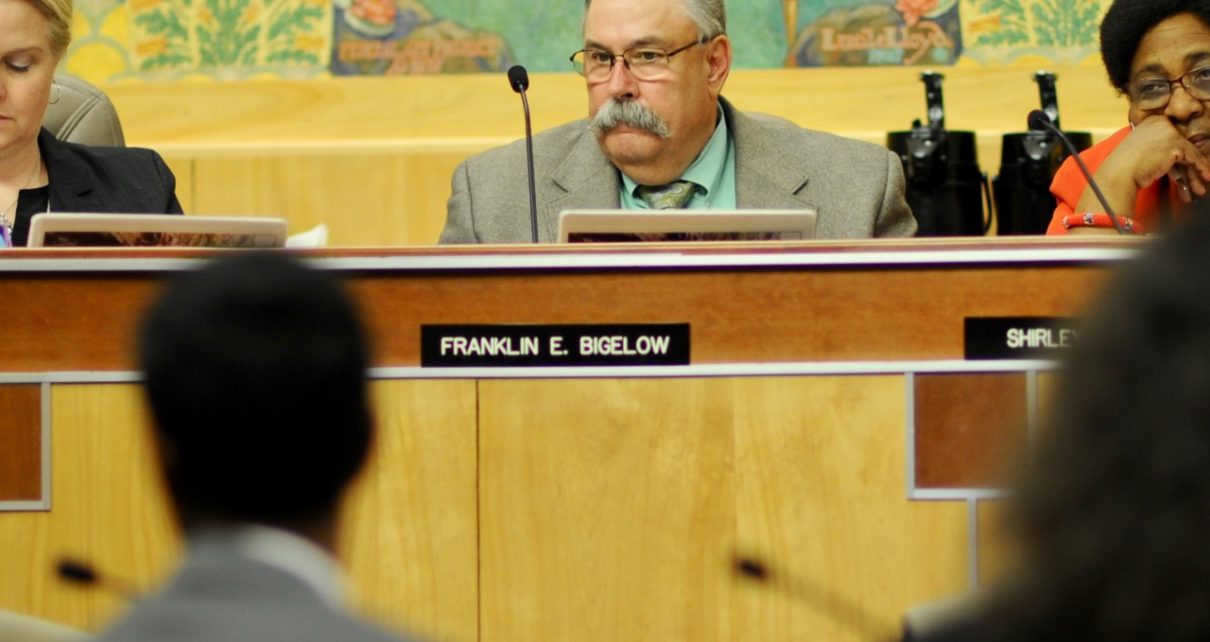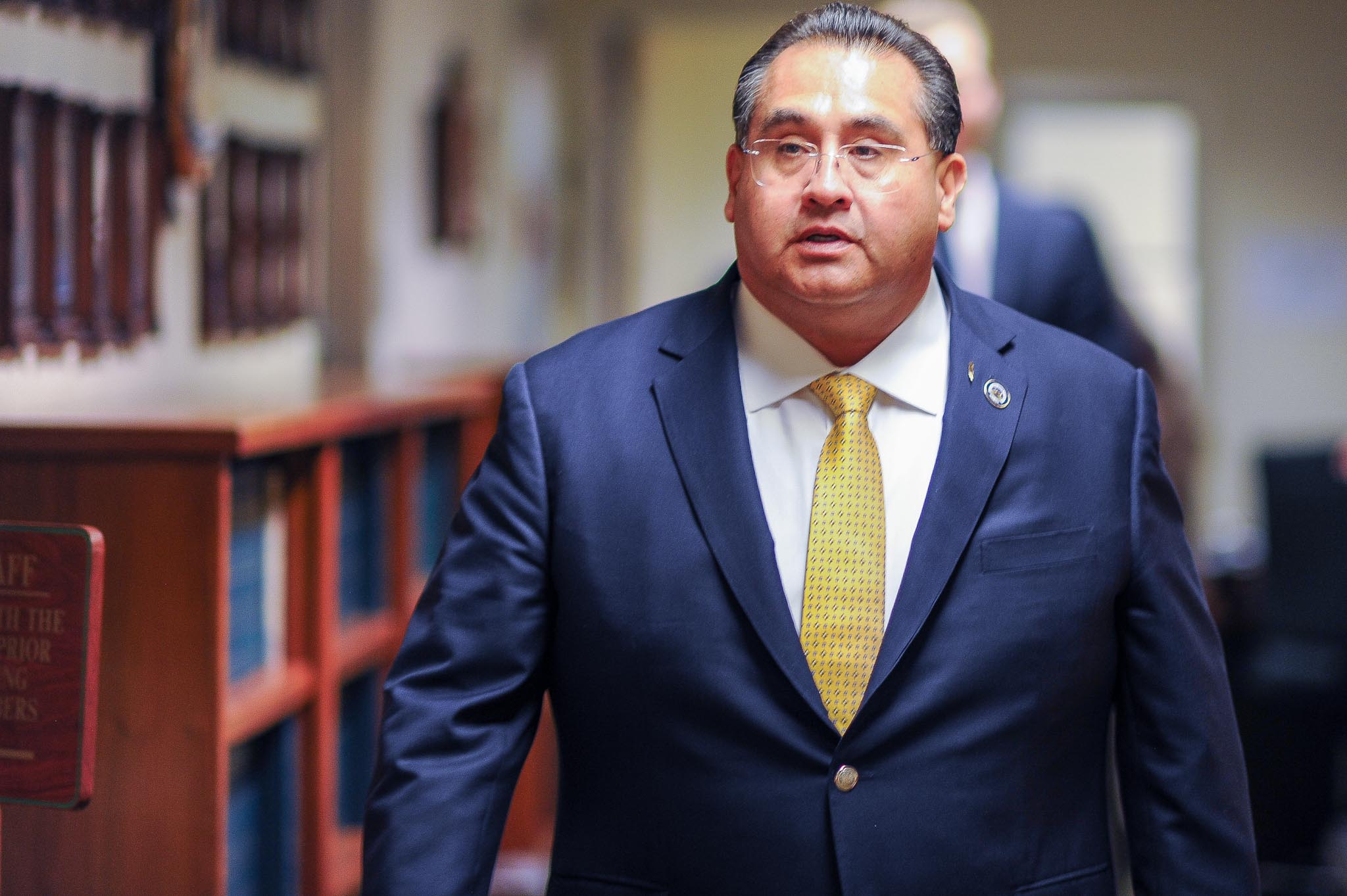
Business Liability Protection from COVID-19 Claims
AB 1313 would exempt a business from claims that a person contracted COVID-19 while at that business
By Chris Micheli, February 21, 2021 9:27 am
On February 19, Assemblyman Frank Bigelow introduced Assembly Bill 1313, which deals with immunity from civil liability. The bill would add Section 1714.27 to the Civil Code. As an urgency clause measure, it would take effect immediately if passed by 2/3 of both houses of the Legislature and signed by the Governor.
Section One of the bill provides a number of legislative findings and declarations regarding the adverse impact of COVID-19 pandemic, as well as the need to improve business confidence to operate. The bill also finds and declares that California cannot afford for businesses to delay reopening because of the fear of frivolous lawsuits, and California has already recognized the need for protection from civil liability during times of crisis.
Section Two of the bill would add Civil Code Section 1714.27 to specify that a business is not liable for an injury or illness to a person due to coronavirus (COVID-19) based on a claim that the person contracted COVID-19 while at that business, or due to the actions of that business, whether direct or indirect, if the business has substantially complied with all applicable state and local health laws, regulations, and protocols.
The bill would provide that this immunity from liability does not apply if the injury or illness resulted from a grossly negligent act or omission, willful or wanton misconduct, or unlawful discrimination by the business or an employee of the business. Also, this provision of law would not affect any employee’s claim for the payment of workers’ compensation benefits.
AB 1313 would define a “business” as a sole proprietorship, partnership, corporation, association, or other group, however organized, and regardless of whether organized to operate at a profit, and includes a nonprofit organization qualified under Internal Revenue Code Section 501(c)(3). The urgency of the bill is necessary in order to quickly protect businesses and other organizations, including nonprofit organizations, which continue to make significant contributions to economic development and security, which helps ensure public peace and safety during these unprecedented times caused by the COVID-19 state of emergency.
The bill is expected to be heard in its first policy committee in March.
- Legislative Intent Does Not Equate to a Mandate - April 27, 2024
- Frequently Asked Questions about State Agency Ethics Training - April 26, 2024
- Frequently Asked Questions about When Elected Officials Take Office - April 25, 2024





Ridiculous that you should have to pass a law to state the obvious – that this is a virus and its everywhere and there is nothing you can do about it. But this is the most common sense practical piece of legislation I have seen coming from the legislature since they reconvened – much more relevant than shadow organizing warehouse workers or micromanaging retail displays. What are we paying these people for.
Agree completely. The alternative is a horde of nuisance suits akin the to what you see with the ADA drive-by tort mills.
The kicker is in the weasel words in the bill: ” …if the business has substantially complied with all applicable state and local health laws, regulations, and protocols.” You know damned well that the various involved and un-elected bureaucrats, mostly selected more for their gender, ethnicity, sexual-preferences and political bonafides than any competence, have both over-reacted to this manufactured fraud and will be loath to surrender any of their newfound powers. In other words, they will continue to over regulate and torturously micro-manage all and sundry as they do at present. (And all to the applause of the vocal but otherwise minority numbers of germ phobics and hysterics that partially drive this really bad burlesque.) And that in turn means that an ambitious attorney and/or a fortune seeking plaintiff will still have plenty of leeway to pursue a claim of otherwise dubious merit.
And that leads us to core issue here: Tort Reform. Simply specifying actions as “Loser Pays” would do away with a majority of questionable claims (brought by firms that advertise on the backs of buses et al) that get settled because it’s easier than litigating. Ditto specifying class action suits as “Opt In” instead of the current “Opt Out” would eliminate a good chunk of the legal shakedowns you see reported.
Of course the Trial Attorneys would fight such reform tooth and nail, as they have for years as they, amongst other things, contribute to politicians who support their “Industry.” You can easily expect the same thing to happen with this proposed wise bit of protection for California businesses. (The ones that are left anyway.)
If it passes, then great. It’s a good first step. But a lot more is needed.
Just a thought.
VicB3